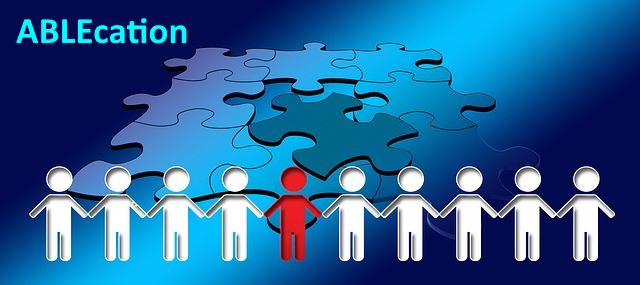We have been invited to partner with Microsoft SA at their stand at the prestigious annual GovTech conference, held at the ICC in Durban.
We will be showing off a range of accessibility technologies, which are all readily available within Windows 10 and Office, and which provide an enabling environment to all persons with disabilities.
Almost all of us are touched by persons with disability – our family, our friends, our colleagues, or even ourselves.
We may conclude that being “normal”, or being fully-abled, is quite rare, with many of us having some impairment which requires us to need help to live, to work, and to engage in society. I wear spectacles, which is an assistive device to help me seeing things at a distance, and another pair to help me with reading. A large fraction of people on this planet use spectacles or contact lenses to assist with deficiencies in their sight. I do not consider myself disabled, but I am clearly impaired in some way. Without my spectacles I cannot see things far away, and I cannot drive safely.
For the past year we have been working closely with Microsoft in exploring a single question: how to enable computer users with impairments to use computers more effectively. This project will be described in a series of blogs later.
Our approach was to identify the range of accessibility features also built-into the Microsoft technologies, and also the range of human conditions which can benefit from these, and then to provide the basis for how to match these together. Our model then identifies the MIX of the accessibility features which can benefit a specific learner, and the TRAJECTORY for how these features should be introduced.
This led to my talk at the BETT Middle East conference in which I addresses the notion of “Individualising Accessibility”, ensuring that every person who needs to use accessible technologies is then given the best fit of these to their needs.
At GovTech we will be showing many of these features, and encouraging government at all levels to improve their approach to include, using tools which are readily available on their laptops and desktops. Rather than being focused on a specific sector, we will broaden our scope to society as a whole: citizens, government employees, and learners – addressing the needs of persons with disabilities in becoming enabled to participate more fully in society.
We look forward to seeing you there.

